
Tick Borne Illness: Resources for Teams
Confused about tick borne illness and want to learn a few basics? Here are a few links to get you started. Lyme disease is the
We are managing a diverse set of projects with a common aim— to foster public understanding, compassion, prevention strategies, and solution development for those suffering from invisible illnesses.
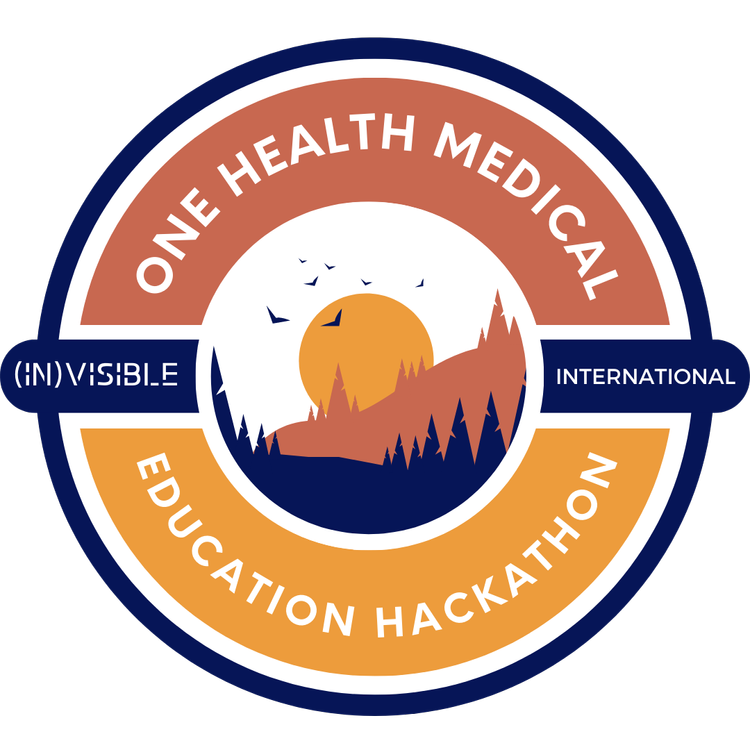

One Health is a problem-solving framework that strives to improve the health of all living things on the planet through collaborations between animal, plant, environmental, and human health experts.
During this event, participants will learn about and brainstorm on ways to reduce the impact of tick- and vector-borne diseases, which have worsened with climate change, ecosystem imbalances, and public health funding inequities.
The morning will include lightning talks that inform and define the challenges in tackling these problems. The afternoon will feature a hackathon where participant-defined teams and challenge topics will be organized. Teams will hold initial meetings to discuss how they will tackle their hacks and present them to judges later in the year. Awards will be based on solutions presented in team pitch decks at the end of the day.
When: Nov. 5, 2022
What: Learn about the One Health challenges faced by animal and human clinicians in addressing tick- and vector-borne diseases, which have worsened with climate change, ecosystem imbalances, and public health funding inequities. An afternoon innovation hackathon will follow the presentations.
Where: https://invisible.international/community/
Who: Animal and human health professionals, students, hackers, creators and others invested in One Health are welcome. For the afternoon hackathon, participants are invited to form teams of up to 4 people. If you don’t have a team, you can find collaborators during the hackathon.
Awards: Four winning teams will be awarded $1,000 each. Winning teams will be eligible for future solution implementation funding.
Award criteria: Awards will go to four teams with the best pitch deck solution proposals for enhancing communication between animal and human clinicians, improving health for all.
Vet/MD student honorarium: $300 will be awarded to each of the first 10 veterinary and 10 medical students who register and participate in the hackathon. Eligibility is based on date of registration, all-day participation, and proof of enrollment as a vet or medical student.
Speakers: One Health leaders from MassGen/Harvard Medical School, HHS, One Health Commission, University College Dublin School of Medicine, Tulane University School of Medicine, University of Wisconsin School of Veterinary Medicine, North Carolina State College of Veterinary Medicine/Duke University, and more.
9:00am EDT: WELCOME REMARKS
Nev Zubcevik DO
Chief Medical Officer, Invisible International
Laura Lott, MBA
Chief Executive Officer, Invisible International
9:15am LIGHTNING TALKS: Why One Health is Important
Kristen Honey, PhD
Chief Data Scientist and LymeX Co-Founder, Office of the Assist. Secretary for Health, US Dept of Health & Human Services
“The Importance of One Health InnovationX to HHS”
Cheryl Stroud, DVM, PhD
Exec. Director, One Health Commission
“One Health for Human & Animal Clinicians”
John Lambert, MD, PhD
Consultant in Infectious Diseases and Genitourinary Medicine at Mater Misericordiae University Hospital; Full Clinical Professor at University College Dublin School of Medicine; Advisory Board Member, Invisible International
“Call for international collaboration and data sharing from the clinical trenches”
Elizabeth Lee-Lewandrowski, PhD, MPH
Assist. Professor of Pathology, Harvard Medical School; Research Faculty and Clinical Laboratory Scientist, Massachusetts General Hospital;
Research Director, Invisible International
“Why You Should Care about Zoonotic Diseases”
10:00am LIGHTNING TALKS: Diagnostic & Treatment Challenges and Solutions
Monica Embers, PhD
Assoc. Professor of Microbiology and Immunology, Tulane University School of Medicine
“Diagnostic Challenges”
Elizabeth Maloney, MD
Education Co-director, Invisible International
“Barrier to human treatment: what the data is showing”
Erin Lashnits, DVM, PhD, MS, DACVIM
Clinical Assist. Professor, Univ. of Wisconsin School of Veterinary Medicine
“One Health Clinical Model”
10:45am PANEL: Fostering Animal & Human Health Collaborations
Moderator: Christine Green MD, Education Co-director, Invisible International
Edward Breitschwerdt, DVM, DACVIM
Professor of Medicine and Infectious Diseases, North Carolina State University College of Veterinary Medicine; Adjunct Professor of Medicine at Duke University Medical Center
Steven Phillips, MD
Internal Medicine; Private Practice, author of bestselling book, CHRONIC
Charlotte Mao, MD, MPH
Curriculum Director, Invisible International
Pediatric Infectious Disease, formerly Dean Center for Tickborne Illness, Spaulding Rehabilitation Hospital; Pediatric Infectious Disease Division, Massachusetts General Hospital
Elizabeth Lee-Lewandrowski, PhD, MPH
Assist. Professor of Pathology, Harvard Medical School; Research Faculty and Clinical Laboratory Scientist, Massachusetts General Hospital
Research Director, Invisible International
11:30am – 12:30pm Live Q&A
12:30-1:00pm HACKATHON: Idea Pitches
1:00-3:00pm Med-Vet Innovation Hackathon breakout sessions
3:00pm Presentations/Awards
3:30-4:00pm Concluding Remarks/Judging/Awards



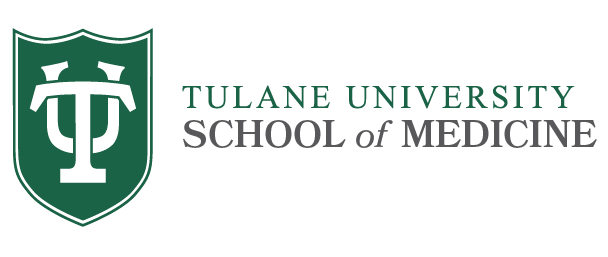

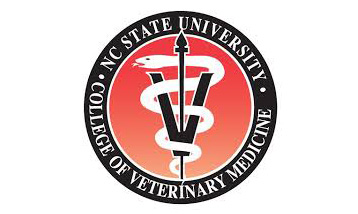


Dr. Zubcevik is the Chief Medical Officer of Invisible International, a non-profit organization committed to alleviating the suffering caused by invisible illnesses through education, research, and community empowerment. Formerly, she was co-founder and co-director of the Dean Center for Tick Borne Illness at the Spaulding Rehabilitation Hospital, an affiliate of Harvard Medical School. Dr. Zubcevik is a Harvard-trained, board-certified Physical Medicine and Rehabilitation physician, with experience in biotechnology, education, and innovation. She is also the CEO at dhamma.care, a holistic integrative and concierge medical practice focusing on providing recovery from chronic illness.

Laura Lott is the Chief Executive Officer of Invisible International, a non-profit organization committed to alleviating the suffering caused by invisible illnesses through education, research, and community empowerment. Previously, she was the Executive Director of MIT Hacking Medicine Institute, aimed at fostering collaboration between industry, government, and academic institutions to accelerate medical innovation, as well as the co-founder and co-director of the Dean Center for Tick Borne Illness at the Spaulding Rehabilitation Hospital, an affiliate of Harvard Medical School.

Dr. Green studied medicine at UC San Diego School of Medicine and trained at Stanford University’s Family Practice Residency Program. She has practiced Complementary Medicine since opening her private practice in 1983. She has treated hundreds of tick-borne disease patients, and she actively researches, publishes and develops courses on diagnosing and treating tick-borne diseases. She is currently a member of ILADS, the International Lyme and Associated Disease Society, and Co-director of Education at Invisible International.

Dr. Lambert is a Consultant in Infectious Diseases and Genitourinary Medicine at Mater Misericordiae University Hospital and a Full Clinical Professor at University College Dublin School of Medicine. He is also the founder of the Lyme Resource Centre, a nonprofit working to better tackle the issues of Lyme disease within Scotland and Europe, and he serves as an Advisory Board Member to Invisible International.
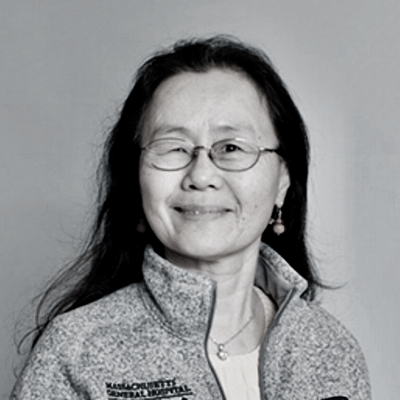
Dr. Lee-Lewandrowski is an Assistant Professor of Pathology at Harvard Medical School and Research Faculty and a Clinical Laboratory Scientist in Pathology at Massachusetts General Hospital. She is also an associate editor of the journal Point of Care and serves as Invisible International’s Research Director. She received her PhD in Chemistry from Brown University and a Masters in Public Health from the Harvard School of Public Health.

Dr. Honey is the Chief Data Scientist and the founder of LymeX, working in the Office of the Assistant Secretary for Health at the US Dept of Health & Human Services. She also worked in the White House for three years, first as a Policy Advisor to the U.S. Chief Technology Advisor in the Office of Science and Technology Policy, then as a Senior Policy Analyst for the Federal Chief Information Officer in the Office of Management and Budget. She received her PhD in environment and resources from Stanford University in 2012.
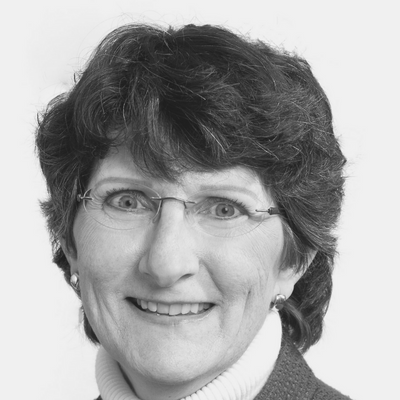
Dr. Maloney is a Minnesota family physician whose current focus is on tick-borne diseases education and policy. She began providing comprehensive, evidence-based, continuing medical education courses for physicians in 2007 and subsequently founded Partnership for Tick-borne Diseases Education, a non-profit providing evidence-based continuing medical education programming and materials on tick borne diseases. She has authored several peer-reviewed papers and treatment guidelines on Lyme disease and is currently a member of the federally mandated Tick-Borne Diseases Working Group (TBDWG). She is currently the Education Co-director at Invisible International.

Dr. Lashnits is a Clinical Assistant Professor in Small Animal Internal Medicine at University of Wisconsin School of Veterinary Medicine. She received her MS in biology from Stanford University, DVM from Cornell University, and PhD in comparative biomedical sciences from North Carolina State University. She spent a few years in general practice and emergency medicine before completing her internal medicine residency at NC State University. Dr. Lashnits’s current research focuses on the epidemiology of zoonotic vector-borne diseases and other infectious diseases affecting underserved veterinary populations in a One Health context.

Dr. Mao is a pediatric infectious diseases physician with special focus on Lyme disease and associated infections. She graduated from Harvard Medical School and did her pediatric residency and pediatric ID fellowship at Boston Children’s Hospital. For 25 years, she worked at Boston Children’s Hospital (BCH) where she focused on pediatric HIV clinical care and research, serving as a site coinvestigator for numerous NIH-/NIAID- and NICHD-funded multicenter pediatric HIV clinical trials, and was an Assistant Clinical Professor of Pediatrics at Harvard Medical School. She turned her focus to Lyme disease and associated coinfections after gaining extensive clinical experience with pediatric Lyme disease patients at BCH’s referral ID clinic. She moved to the Pediatric Infectious Disease Department at Massachusetts General Hospital and provided consultative pediatric ID specialty care in a multidisciplinary clinic for children with complex Lyme disease at the Dean Center for Tick Borne Illness at Spaulding Rehabilitation Hospital. She is currently the Curriculum Director at Invisible International.

Dr. Embers is currently an Associate Professor in the Division of Immunology and the Director of Vector-borne Disease Research at the Tulane National Primate Research Center. Her research program regarding Lyme disease and its infectious cause Borrelia burgdorferi specializes in animal models. The research is centered around three major efforts: (1) identifying treatments that can eradicate B. burgdorferi infection; (2) detection of persistent Lyme disease spirochetes in human (autopsy) tissues; and (3) immunodiagnosis for B. burgdorferi infection and cure. By transmitting Lyme disease to mice and nonhuman primates by tick, and studying the natural course of infection, her group aims to attain a better understanding of the clinical quandaries of human Lyme disease, including effective diagnosis and treatment. Due to the many similarities between Bartonellosis and Lyme disease, her team has begun to develop research models for Bartonella infection. The goals of Bartonella research involve developing improved treatment strategies, understanding the pathophysiology of co-infection, and interrogating tick vector transmission of these pathogens.

Steven Phillips, MD is a well-published, Yale-trained physician, researcher, and author, specializing in chronic illness due to vector-borne infections. In addition to having been in private practice since 1996 and having treated more than 20,000 patients, his vector-borne infection research roles have included serving as principal investigator for both diagnostic testing and drug development projects. Dr. Phillips has lectured at innumerable medical conferences and hospitals across the US and Europe, repeatedly served as an invited Lyme disease expert for state hearings in CT, NY, RI, and VT, where his testimony has helped shape public health policy. He was one of only a handful of medical experts from the US invited to testify at the Infectious Diseases Society of America’s Lyme Disease Hearing in Washington DC. He has been a contributing author and interviewed expert for major newspapers, national television programs such as Dr. Oz and The Doctors, and major media such as NBC and CNN. He has also been featured in the Emmy-winning documentary “Lyme and Reason,” and he is author of the best-selling book Chronic.

Dr. Stroud is a preeminent leader in One Health, working as the Executive Director of the One Health Commission and an Adjunct Assistant Professor at North Carolina State College of Veterinary Medicine. Over the arch of her career, she has had experience in industry, academic research and teaching, private veterinary practice, and One Health. After completing her Doctor of Veterinary Medicine degree from Mississippi State University, she briefly practiced veterinary medicine, then completed a Masters and PhD in Endocrine Physiology at North Carolina State University, followed by basic research at Pennsylvania State University studying prolactin and growth hormones in sheep and cows, as well as reproductive hormones in populations of women. Since becoming Executive Director of the One Health Commission (OHC) late in 2013, the OHC has been identifying and connecting One Health stakeholders around the world by leading International Who’s Who in One Health webinars (2014 and 2016) and creating a Who’s Who in One Health web resource and maps and by sharing a One Health Happenings newsletter to a Global One Health Community listserv of over 17,000. In 2016, the OHC spearheaded creation of an annual global One Health Day that is now officially celebrated every year on November 3. The OHC also leads a global One Health Awareness Month campaign each January, providing One Health resources for stakeholders to use when teaching about One Health. An overview of the Commission’s work can be reviewed here.

Dr. Breitschwerdt is a Professor of Medicine and Infectious Diseases at North Carolina State University College of Veterinary Medicine and an Adjunct Professor of Medicine at Duke University Medical Center. He directs the Intracellular Pathogens Research Laboratory in the Center for Comparative Medicine and Translational Research at North Carolina State University and co-directs its Vector Borne Diseases Diagnostic Laboratory. He has contributed to cutting- edge research in the areas of animal and human Bartonellosis and has authored numerous book chapters and proceedings. His research group has published more that 400 manuscripts in peer-reviewed scientific journals.

Confused about tick borne illness and want to learn a few basics? Here are a few links to get you started. Lyme disease is the
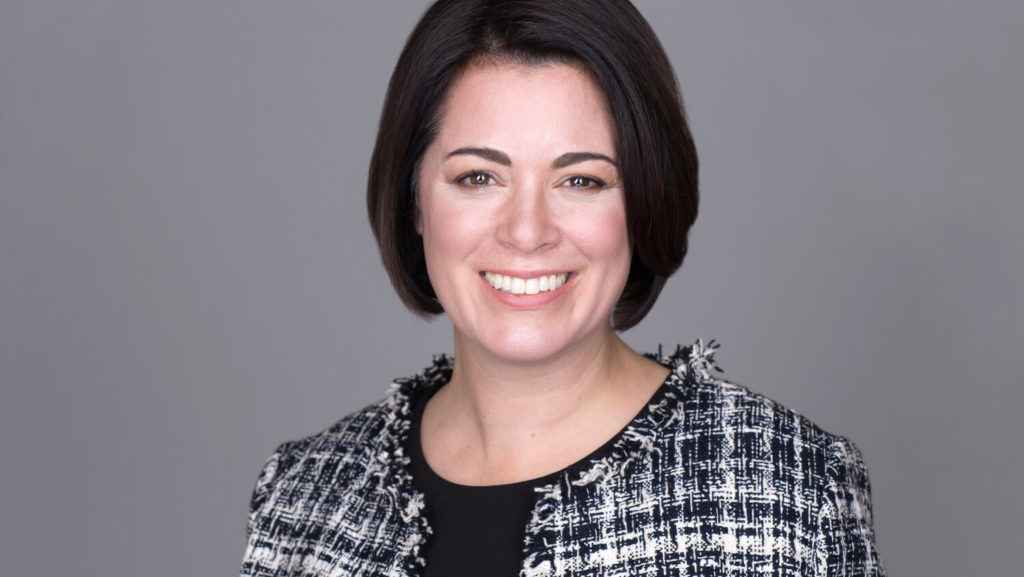
This is a four part series that will be published throughout July 2020. As I left the doctor’s office last week, it was nearly impossible
Mark and Eileen Lovell gave a trailblazing and transformational gift to create Invisible International and the Lovell Community Platform. Thanks to their support, Invisible International is able to deliver programs that will change the landscape of tick borne illness and other invisible illnesses through innovation, education, and research.


Invisible International, Inc. is a MA nonprofit corporation operating through a fiscal sponsorship with Players Philanthropy Fund, a Maryland charitable trust recognized by IRS as a tax-exempt public charity under Section 501(c)(3) of the Internal Revenue Code (Federal Tax ID: 27-6601178). Contributions to Invisible International are tax-deductible to the fullest extent of the law.